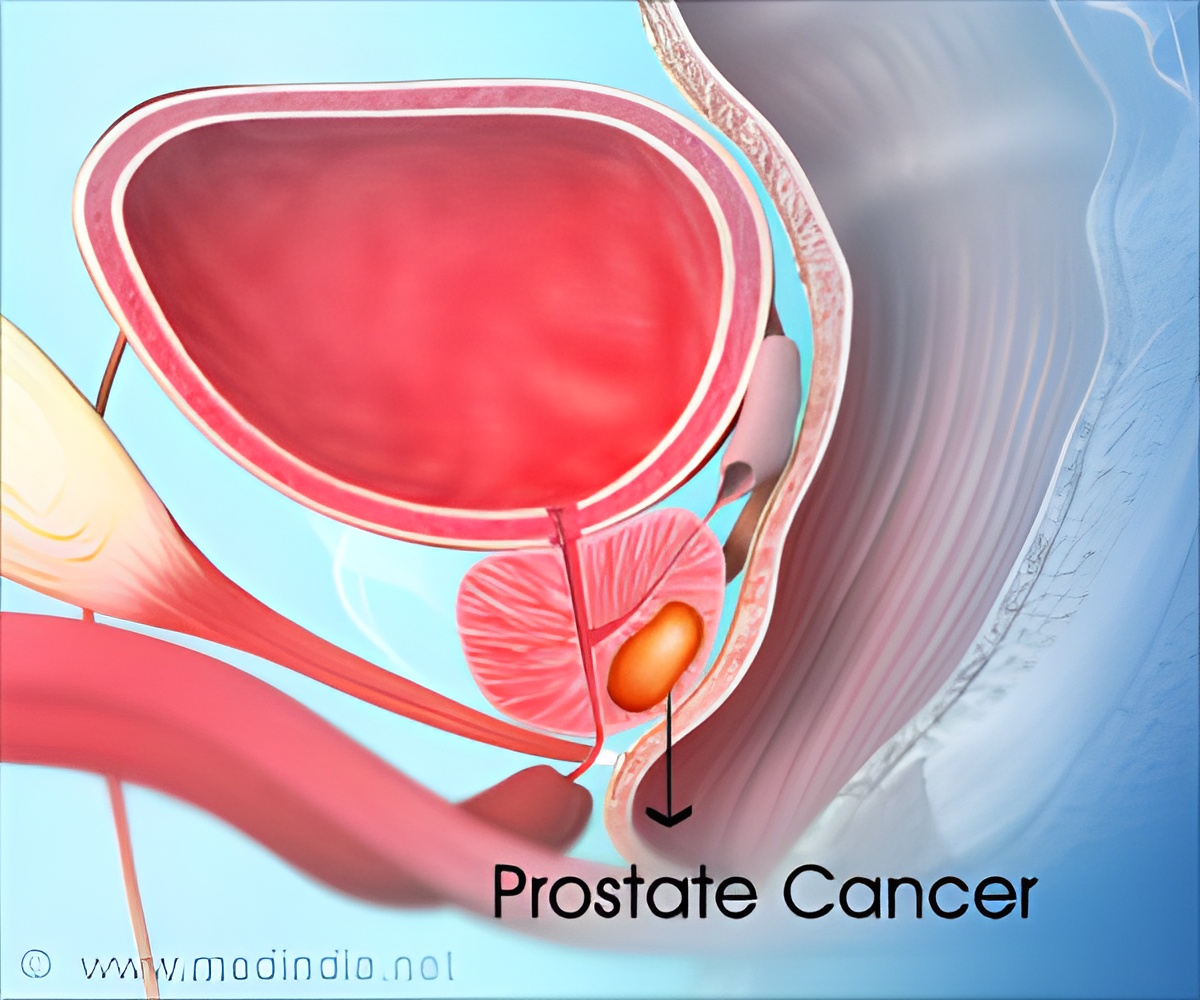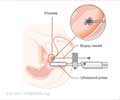Mutations in 11 genes are linked to aggressive forms of prostate cancer, which may present novel therapeutic and therapy options.

‘Analyzing exome - the key sections of the genetic code that contain the instructions to make proteins, may elucidate the mutations in aggressive prostate cancer, improving treatment options and better healthcare. #prostate cancer #mutation #earlydetection’





Advertisement
Genetics Behind Aggressive Prostate Cancer
Today, oncologists customize care for certain individuals with aggressive prostate cancer with help from genetic tests. The results can inform treatment, as one class of targeted therapies has proved effective against some inherited prostate cancers. Test findings also can lead to genetic screening among patients’ family members, so they have the chance to take measures that reduce risk and to work with their doctors to be more vigilant in early detection.The study uncovered mutations associated with a higher risk for more aggressive, deadlier prostate cancer that is not currently included on genetic test panels (1✔ ✔Trusted Source
Genetics of Prostate Cancer (PDQ) Health Professional Version
Go to source). The researchers also found some genes that are currently part of such panels are not linked with risk for aggressive disease.
“Very large studies are needed to inform the creation of gene panels used for testing,” said corresponding author Christopher Haiman, ScD, holder of the AFLAC Chair in Cancer Research and professor of Population and Public Health Sciences at the Keck School of Medicine.
“Some of the genes in these panels were based on small studies and were not associated with prostate cancer in our study. We also found evidence that other genes perhaps ought to be added. The results aren’t completely definitive, but it’s clear that more work needs to be done to determine which genes oncologists should focus on in testing.”
Advertisement
Streamlining Mutations In a Large Scale Study
Combining information from 18 studies conducted in the U.S., Europe, and Australia, the research team analyzed blood samples from prostate cancer patients of European descent, 9,185 of whom had aggressive disease and 8,361 who did not, and compared the frequency of mutations among the two groups.In the first stage of their investigations, Haiman and his colleagues sequenced the entire set of protein-coding genes among almost a third of the participants. In the second stage, the researchers used samples from the remaining participants to zoom in on a subset of 1,749 genes that either had previously been associated with cancer or showed up as likely candidates in the first phase.
That subset included almost 200 genes involved with DNA repair. When that process is disrupted, it creates an opportunity for cancerous cells to arise and take hold.
Advertisement
Tracking Genes in Prostate Cancer Boosts Prevention and Treatment Options
The eleven genes that emerged as having mutations significantly linked to aggressive prostate cancer include BRCA2, also known for its connection to breast cancer. The list of genes, as well as those currently screened in genetic tests found not to be linked to serious disease, could influence individualized treatment for prostate cancer, as well as screening.Haiman notes that mutations found in the study also showed up in some patients who didn’t have aggressive disease.
“This suggests that mutations in these people may put them at greater risk for their cancer later becoming more advanced,’” he said. “While screening is focused on men with advanced disease or a family history, finding patients with less advanced disease who carry these genetic variants may enable them to receive targeted forms of treatment earlier on.”
The study does come with two important caveats. One is that, despite its large size, some mutations that drive the risk for aggressive prostate cancer are so rare that even bigger studies are needed to clear up the picture. The other limitation is that the findings may differ outside of the population under investigation, people of European descent.
“It will be important for similar efforts to take place in men of African ancestry,” said Haiman, who is also co-leader of the Cancer Epidemiology Program at USC Norris Cancer Center. “That’s very important. These genes and perhaps others may be important, so additional work needs to be done in other populations.”
Reference:
- Genetics of Prostate Cancer (PDQ)–Health Professional Version - (https://www.cancer.gov/types/prostate/hp/prostate-genetics-pdq)
Source: Eurekalert










![Prostate Specific Antigen [PSA] Prostate Specific Antigen [PSA]](https://www.medindia.net/images/common/patientinfo/120_100/prostate-specific-antigen.jpg)



